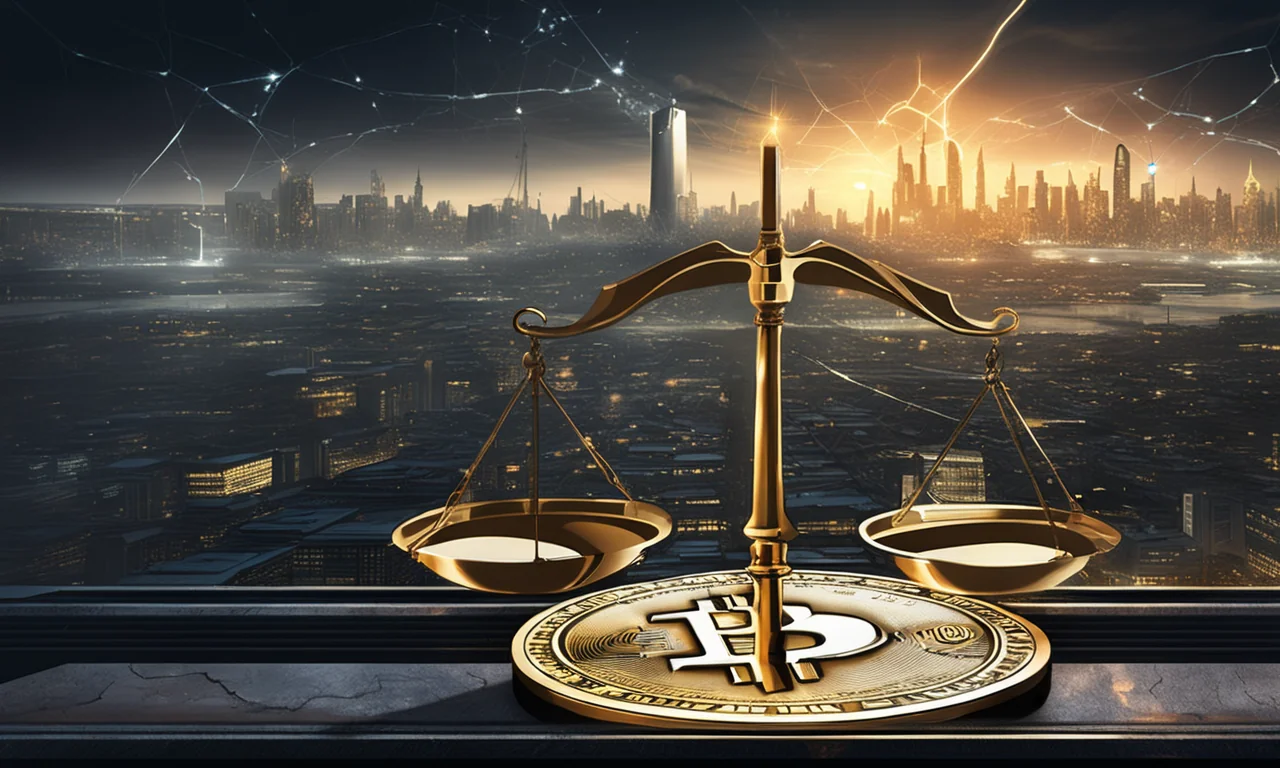
PayPal Expands Crypto Payments Amid Regulatory Uncertainty
Mainstream adoption accelerates as fintech giants reshape digital asset landscape this week
Today's Bluesky crypto discourse reveals a landscape in flux, where mainstream adoption collides with regulatory skepticism and the ever-present specter of market instability. If you think the narrative of crypto is set in stone, think again: the old guard of centralized finance and political influence is being forced to contend with the messy, unpredictable realities of decentralization and digital asset volatility.
Crypto Goes Mainstream—But Who's Really in Control?
The day's dominant theme is the steady march of crypto into everyday transactions, most visibly through PayPal's bold expansion of peer-to-peer crypto payments. Not only can users now send Bitcoin, Ethereum, and PayPal's own PYUSD to friends and family, but this move is framed as a normalization of digital assets for daily life. Add to this PayPal's exemption of P2P crypto gifts from IRS reporting and the introduction of personalized payment links, and you see an infrastructure that is quietly but decisively removing frictions for mass adoption.
Other major fintechs aren't standing still—CashApp, Revolut, and traditional banks are referenced as looming competitors in the same discussion, but PayPal's global user base and trust factor could prove decisive. The subtext is clear: crypto's “wild west” days are fading as legacy players muscle in, promising both legitimacy and a potential loss of the original ethos of decentralization.
"PayPal just made a big move: crypto is now part of its peer-to-peer payments. This means you can directly send Bitcoin, Ethereum, and other coins to friends and family — no middle step."
As multiple posts repeat the news, it's clear that corporate adoption is being positioned as the gateway for crypto's next growth phase, though not without raising the question: who really benefits as the lines blur between decentralized ideals and corporate convenience?
Volatility, Regulation, and the Shadow of Political Power
If you think crypto's volatility is old news, today's market snapshot—with nearly all top coins in the red—proves otherwise. Yet even as prices wobble, the tone is one of anticipation, with some suggesting a “great reset before the biggest bounce ever.” This relentless optimism collides with a harsher reality in posts referencing Standard Chartered's warning of an impending shakeout, where weaker digital asset treasuries may collapse and be absorbed by whales like MicroStrategy.
Meanwhile, the regulatory and ethical dimensions of crypto are more fraught than ever. Donald Trump's about-face on crypto—from critic to “crypto king”—is less a story of technological enlightenment than a case study in political expediency. With billions at stake and regulatory oversight being relaxed, the specter of conflicts of interest and increased criminal activity looms large. The regulatory hammer is still swinging, as seen in the CFTC's action against Voyager's ex-CEO, but these measures seem reactive rather than proactive.
"Is Trump's crypto influence a boon or a burden? Discover how his ties to Bitcoin mining are reshaping the market."
New ventures like AIOZ Network's streaming ecosystem and Credit Saison's real-world asset fund signal that, despite headwinds, crypto's innovation engine is still running hot—attracting new use cases and investment, particularly in regions like Japan where regulatory and technological climates differ from the U.S.
The Paradox of Progress
Today's Bluesky discussions capture a crypto sector at a crossroads: massive consumer platforms are making digital assets more accessible than ever, while volatility, regulatory action, and political opportunism inject persistent uncertainty. The irony is palpable: as crypto becomes more “normal,” it is simultaneously more exposed to the very forces—corporate consolidation, political maneuvering, and market concentration—that its early adopters sought to escape.
In short, mainstream adoption is no panacea; instead, it amplifies both crypto's promise and its paradoxes. The winners will be those who can navigate the new, uneasy alliance between decentralization and institutional power—while not forgetting the ideals that sparked the movement in the first place.
Journalistic duty means questioning all popular consensus. - Alex Prescott